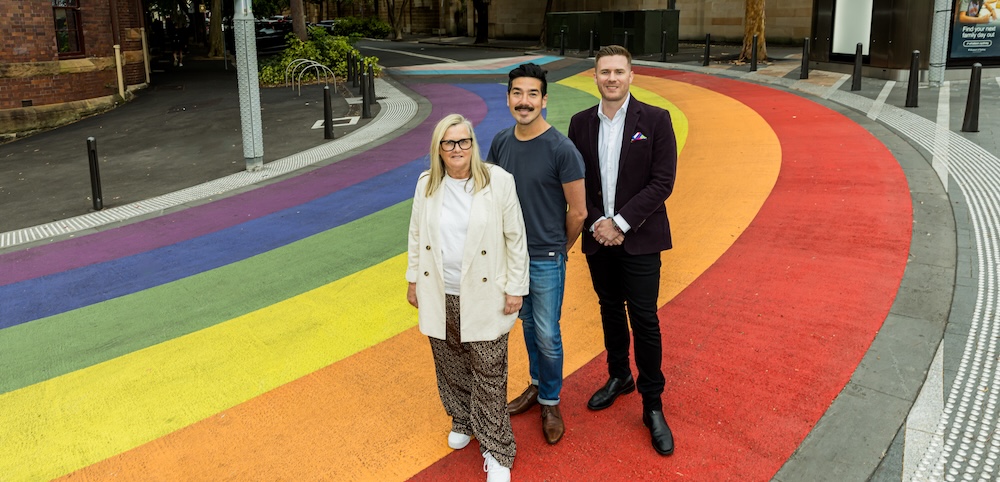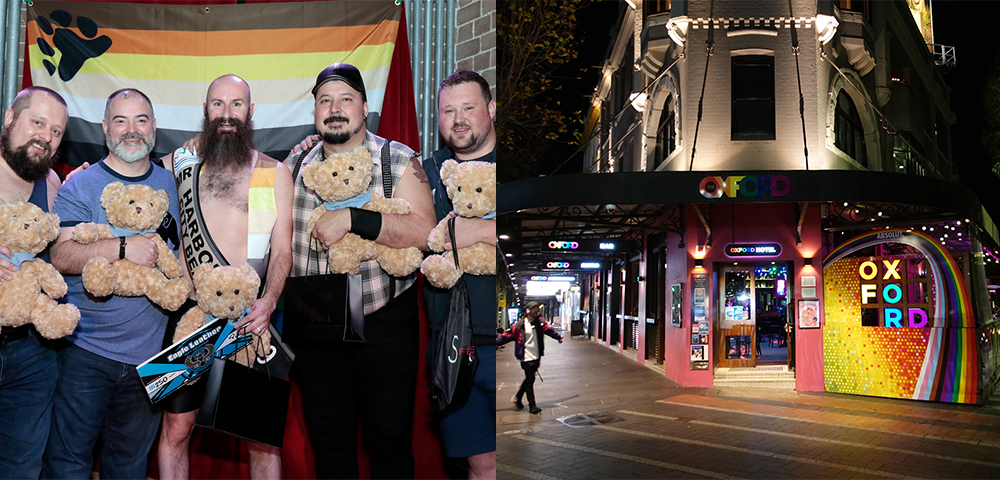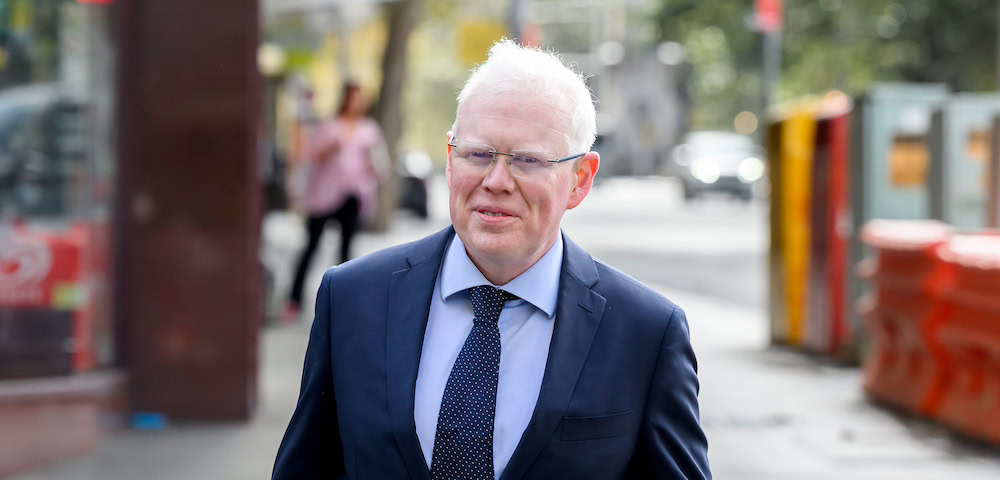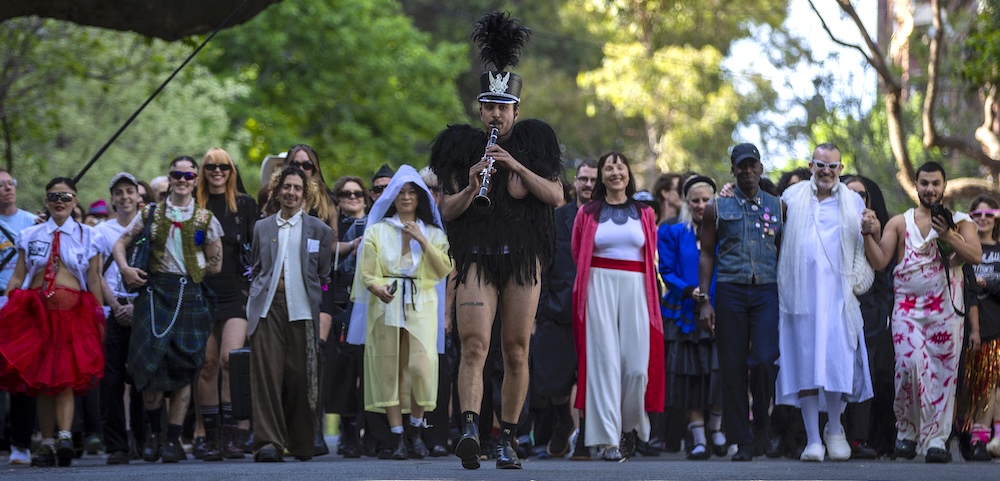
Rights under threat
The federal government is poised to use its absolute majority in both houses of parliament to introduce sweeping changes to industrial relations laws in what could prove to be the most fundamental attack on our rights in recent times.
Because the government has not yet released all the details of its workplace legislation, the full extent of its impact on the rights of lesbians, gay men and transgender people is unclear.
But what we do know is this: you are unlikely to have any legal remedy if you are sacked or treated unfairly in the workplace because of your sexuality or gender identity.
And if you work for an agency or organisation that has any federal government contracts or funding, it is likely you will be required to give up long-held entitlements.
Penalty rates, redundancy, holiday pay and, in many cases, permanency of employment will disappear as the government cuts a swathe through workplaces such as universities, government departments, federally funded services and even construction companies, forcing staff off awards and onto Australian Workplace Agreements.
Most employees will be either forced to accept the new employment rules dictated to them or give up their jobs.
Unfair dismissal laws will no longer protect people who work in companies with less than 100 staff -“ which is the great majority of workplaces.
So if your boss decides to sack you because he/ she doesn’t want a gay man, lesbian or transgender person on staff, you will have nowhere to turn.
There is no protection against sexuality discrimination in the federal arena, which is where most workplaces will operate if the government is successful in abolishing state industrial relations commissions.
The Australian Industrial Relations Commission -“ which until now has been responsible for ensuring that awards and enterprise agreements do not discriminate on the grounds of sexuality -“ will have its power removed under the new laws, leaving our community vulnerable to homophobic employers.
The power of state and territory Anti-Discrimination Commissions or Equal Opportunity Tribunals, which oversee state-based laws that prohibit discrimination on the grounds of sexuality or gender identity, is unclear, but it’s safe to bet that it will be constrained, if not eliminated.
And if you think lesbians and gay men no longer experience discrimination or unfair treatment at work, think again. The chances of being targeted at work because of your sexuality are as high as they have ever been.
The University of Sydney’s Australian Centre for Lesbian and Gay Research found 59 percent of gay men, lesbians and transgender people reported harassment and discrimination at work because of their sexuality or gender identity.
Whether you’re an architect, a nurse, lawyer, waiter, tradesperson, flight attendant, engineer or hairdresser, the report found homophobic behaviour at work is widespread.
Social exclusion, threats of physical and or sexual violence, actual physical or sexual abuse and property damage are also the grim reality for many gay men, lesbians or transgenders, according to the report The Pink Ceiling Is Too Low, produced for the NSW Gay and Lesbian Rights Lobby.
The flipside to this is that many of us already work for employers who are supportive of our sexuality and welcome our partner to the office Christmas party once a year. Many of us are promoted because of our skill, not held back because of who we fuck.
But even in these workplaces, the proposed changes to the industrial relations laws will cut deeply into what was once a secure place to work.
When awards are reduced to a handful of minimum conditions -“ a basic wage, annual leave, personal leave, parental leave and maximum non-overtime work hours -“ those benefits we fought for and won that are now enshrined in many awards and agreements will be stripped out of our working lives.
Such is the concern over these proposed changes that it is not just the trade unions protesting. Church groups, academics, even prominent politicians from within the National Party -“ the Howard government’s coalition partner -“ are against the proposals.
They say that the new laws will weaken job security, undermine the rights of employees and casual workers, compromise minimum standards for wages and provide no guarantee of increased productivity or more jobs.
Whether you live to work or work to live -“ or a bit of both -“ it is important that you ensure your conditions of employment aren’t swept away when the federal government introduces its new workplace laws.
The NSW Gay and Lesbian Rights Lobby is working with other individuals and community groups, including trade unions, to give voice to your concerns about these new laws.
Join the fight for equal rights at work, help us protect the rights we have and ensure further reforms are possible.
David Scamell and Julie McConnell are co-convenors of the NSW Gay and Lesbian Rights Lobby (www.glrl.org.au).









